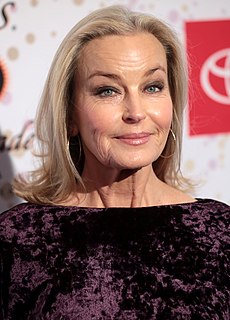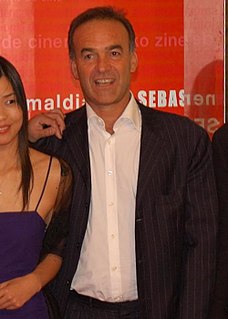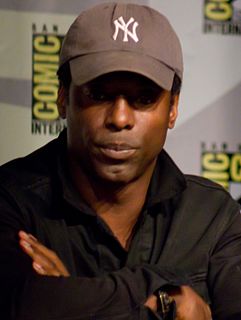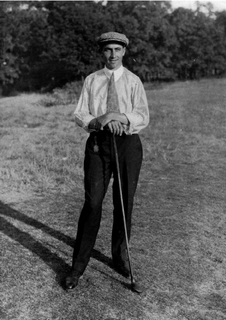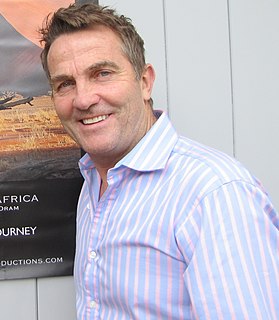A Quote by Liz Garbus
There is so much investment in it of people's labor time that it will never make money. But there are other documentaries that you might make that are sort of on assignment for television that turn around in three to six months. Then the margin can be much be better for you because you're not spending three-and-a-half years on it. So I think if you're doing documentary films, that's sort of the way to look at it.
Related Quotes
You know so many documentaries now are very carefully scripted before you start, and then people are sort of put in chairs which are beautifully lit, and they tell their stories and you do that with another 10 people and you then construct a story from what they say. You do a sort of paper thing, and then you put some images in-between, and that's your film. And that's so not what I think is a good documentary. It can be so much more than that, it should be much more of an adventure and much more uncertain... like real things are.
People forget that it's an acting assignment. You can work with someone for three months, three years or 30 years, and then you move on. I've done I don't know how many films, and I can look at the film and know that I worked with Clint Eastwood, but I'm not still trying to hang out with Clint Eastwood. We did our jobs.
If I start a film of my own, then what I eliminate is acting in other people's movies. Because once I start, and I go raise the money, it's about two and a half or three years, and I can't stop. I have people hired. I can't say, 'Ooh there's a good part called 'Drive'; I'll see you in three months.'
Increasingly, there's much better material on television, but there's not always the time and money to make it, so you've got to make sure you make it in the right place. It also depends on time commitment; a lot of directors will make a pilot, but a series is just a whole other level of involvement.
Three years ago, this week, a newly elected President Obama faced the American people and he said, look, if I can't turn this economy around in three years, I'll be looking at a one-term proposition, and we're here to collect! You know the results. It's been 35 months of unemployment above 8 percent.
I think the hard thing about this job [stand-up] I mean, I think this part is great but that the traveling is y'know, 'cause 'cause I'm gone a lot from home and this time I'm out for three-and-a-half weeks without going home, and that's hard, to be gone three-and-a-half weeks 'cause then I have to ask my friends, "Would you mind going to the house and watering the plants, and turn some lights on and make it look like somebody's home, and make sure that the mobile over the crib isn't tangled or the baby's gonna get bored.
Today the patent office is obsolete. You just take whatever you do, tool up, and start production for six months. At the end of the six months you put the data on all the computer inputs all over the world and you got your business. You can make all your money, and then people can steal it, but by then it doesn't matter because you've made the money up front and you avoid wasting money in lawsuits. [My father] had all these kinds of ideas years ahead of others.
Where you want to be is always in control, never wishing, always trading, and always first and foremost protecting your ass. That's why most people lose money as individual investors or traders because they're not focusing on losing money. They need to focus on the money that they have at risk and how much capital is at risk in any single investment they have. If everyone spent 90 percent of their time on that, not 90 percent of the time on pie-in-the-sky ideas on how much money they're going to make, then they will be incredibly successful investors.
There were choices that we've made as a Little Dragon, that we had to make at the time because we needed the money. I think everything has its context. It is way easier to say no to things now then it was five years ago, for sure. Back then we were grabbing at every opportunity we could just to sustain a name and let people know, "Hello, hello! We're here! Look at us!" It's really sort of taken its time and grown, and it's been a very step-by-step process.

